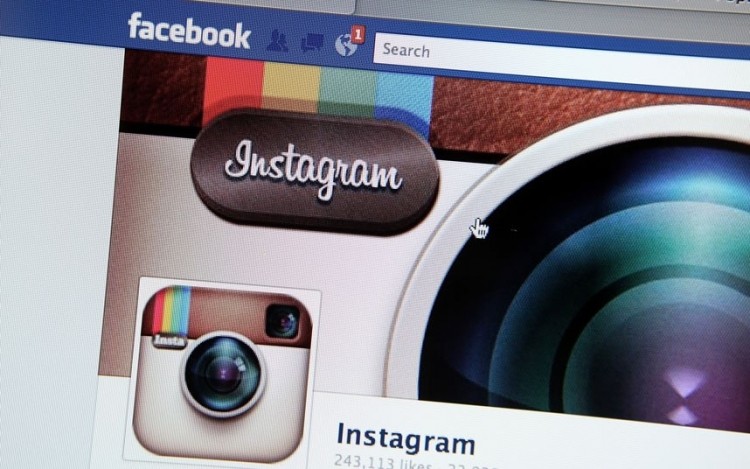As the influence of social media on our daily lives continues to grow, business owners and marketing pros are always out to seize the opportunity. By building a social media empire of Facebook "likes", Twitter "followers", and Instagram "fans" a company can generate product buzz and a sense of community endorsement.
According to Reuters, Zeus, a botnet network used to steal banking and credit card information, has now been modified to force unsuspecting Instagram users to "like" and "follow" pages without consent.
As it would turn out, these type of services do not come cheap for those in need of a reputation boost. Traditionally traded on internet hacker forums, 1,000 Instagram "followers" sells for approximately $15, while the same number of Instagram "likes" retails for $30. This may not seem too surprising in itself; that is, until you compare these prices to the cost of 1000 illegally obtained credit card numbers. The going rate is a mere $6.
Victor Pan, WordStream's senior data analyst, explained the absurdity, saying, "People perceive importance on what is trending. It is the bandwagon effect."
Another area where the illusion of a large fan base is important is the competitive music industry. For musicians such as America's DJ M1X, his budding career is the result of developing a fake social media presence, built upon a foundation of robotic, non-existent fans.
In explaining his decision to Equalizer Magazine, DJ M1X, said, "There are many promoters who book shows based on an artist's social media stats. After it became clear to me that this was true, buying fake followers seemed like a no-brainer."
Online marketing consultant Will Mitchell told Reuters that, in the beginning, a false buzz can be beneficial. However, continuing these efforts can actually hurt the brand reputation as the company quickly becomes associated with everyday spam. "It's fine to do for the first 100 followers," added Mitchell. "But I always advise stopping after that."
